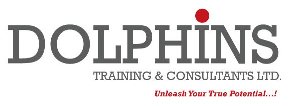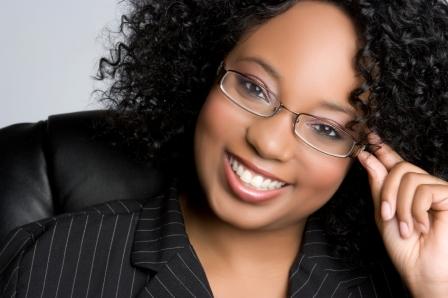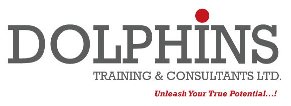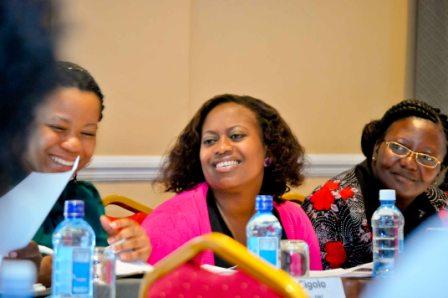
Could it be that our lives and careers are simply a reflection of our Words?
►Is the difference between a millionaire and a billionaire the words they know and use?
►Could the difference between a happy person and depressed person simply be the words they chanted to themselves?

“Most people overestimate what they can do in a year and underestimate what they can do in a lifetime,” says Tony Robbins. It raises an interesting question:
Does any one of us truly know what we’re capable of over the course of our lives?
Some of us think we have potential; others may doubt when others tell us the potential they can see in us.
Are we really to believe the boss or teacher who tells us they can see our potential for greatness?
How do they know?
How come we can’t see what they can see?
Do we just take their word for it? Where’s their proof?
Like anything in this world, seeing is believing. If we can’t see tangible proof of our potential, then how will we really know what we’re capable of?
In fact, without proof, the idea of our potential seems to just boil down to hope or desire or ambition or even blindness. We know confidence matters. We know ability matters.
We know luck plays into it a little bit (or a lot). But not one of us can truly see our potential. The problem is if we don’t know, then what are we to do? How hard should we push? How much should we sacrifice? How do we know when to quit or try something different?
There are some out there who claim they can show us.
The motivational speaker who makes us walk on hot coals and then tells us that we can do anything we set our minds to. That’s fine and good, but that’s not proof of our potential.
It’s just proof that you can walk on hot coals. How many of us sit at our desks when a risky decision is required or there’s an opportunity to change careers for something new? Do we really think about that team-building exercise from four years ago as we prepare ourselves to make that big decision? Doubtful.
Proof, by its very nature, can’t be representative. Proof has to be real. It has to prove, not hint. It has to be tangible, and it has to come as a result of something we actually did.
Like the interest earned on money sitting in the bank, proof compounds. If you put $1,000 in the bank and get 10% interest on your investment, you’re left with $1,100. That’s proof of a good investment. Then, with time, that interest starts to grow as the results compound. The next 10% you get isn’t on $100 on a $1,000 investment; it’s $110 on an $1,100 investment. Then you get $110, then $121, then $133, and it continues to grow from there.
Our potential is exactly the same.
You start by investing a small amount of time and energy that then produces a little proof.
That proof encourages you to take that proof and invest a little more time and energy into something a bit bigger. That gives you a little more proof, and a little and a little more. Then, before you know it, you’re doing some pretty big things and seeing your full potential come to life.
We don’t actually need proof of our potential. We just need tangible evidence that we can have a positive impact in the lives of others. That impact inspires us to do more. That’s why it’s called potential -- because it’s stored up and comes out over time.

Do something for someone.
See what you’re capable of. See the impact you can have on someone else’s life.
And that proof will inspire you to keep doing things for others. Because if you keep doing things for others, others will start doing things for you. And that is when our potential is realized.
We can each achieve amazing things over the course of our lives not because we’re working to our full potential but because others are helping us to do so.
Finally,never run from what you know you need to learn.Face your fears and doubts,and a new world will open to you.
Compiled by,
Makena Mugane
Client Relations,
Dolphins Group Here are more FREE useful articles for you..►►


.jpg)
.jpg)
.jpg)
.jpg)

.gif)


.jpg)
.jpg)
.jpg)


.jpg)